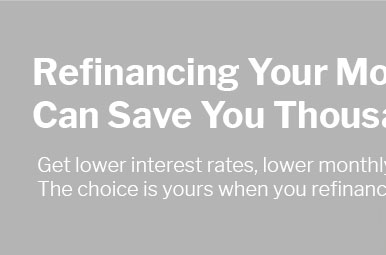 |
 |
 |
 |
 |
|---|
 |
 |
|
|---|---|---|
 |
 |
|
 |
 |
|
 |
 |
|
 |
 |
 |
 |
 |
 |
|
Unlock your financial potential with our unbeatable refinance mortgage options, where the current refi rates in California empower you to transform your home loan into a wealth-building tool; whether you're looking to lower your monthly payments, tap into your home equity, or shorten your loan term, our expert team is here to guide you every step of the way with clarity, confidence, and a commitment to securing your future-because when it comes to your home and your money, you deserve nothing but the best.
https://smartasset.com/mortgage/california-mortgage-rates
Use SmartAsset's mortgage rate comparison tool to compare mortgage rates from the top lenders and find the one that best suits your needs. https://www.pennymac.com/rates
Let a Pennymac loan expert uncover the best mortgage rate and savings tailored to you, so you can achieve your aspirations of home. https://www.calhfa.ca.gov/apps/rates/
Lenders can still reserve loans or extend existing rate locks on any loan program with an N/A. CalHFA Conventional First Mortgage Loan Programs. Standard Rate ...
|
|---|